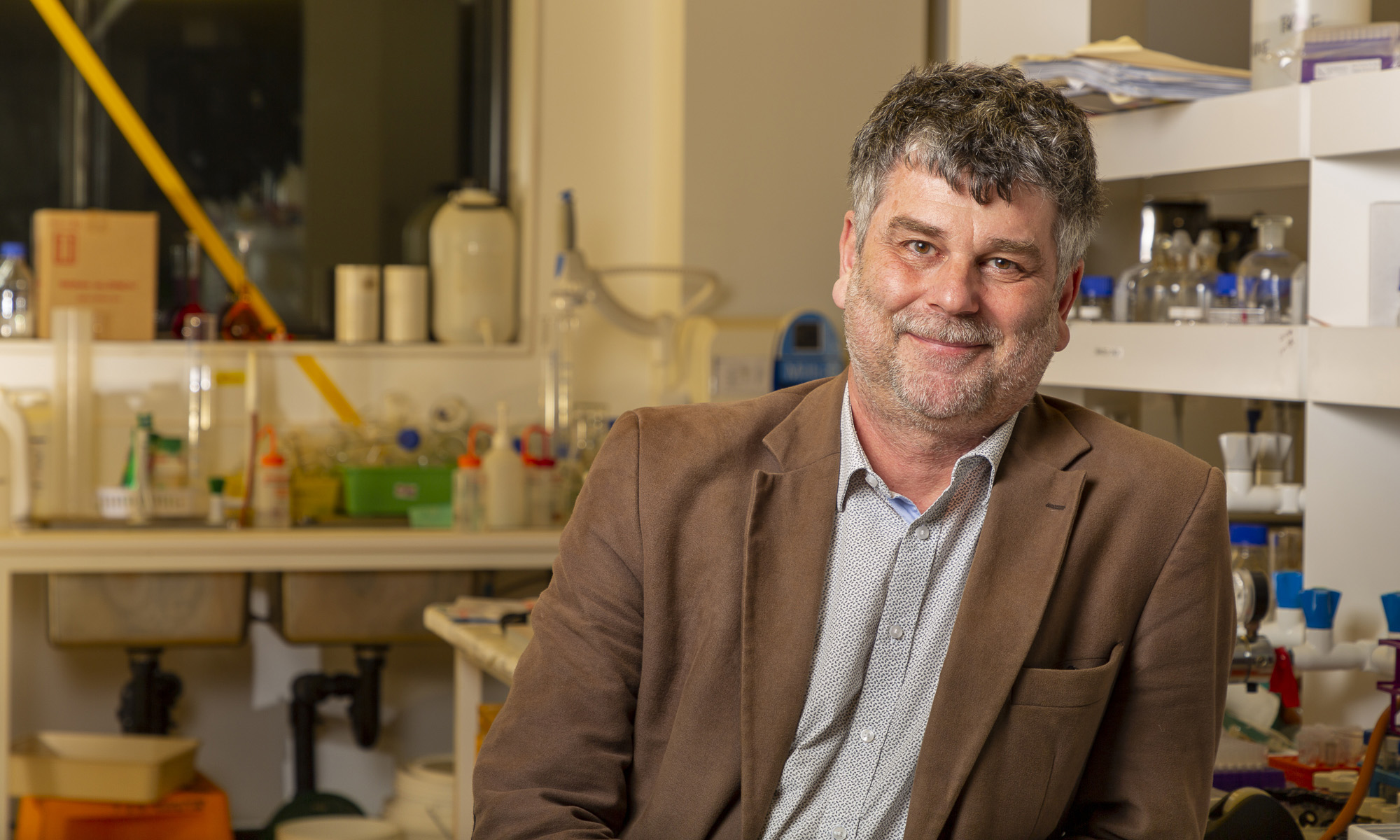The study – the latest in a decades-long research collaboration - shows inhibitors that inactivate PfCLK3 are able to kill the parasite at all stages of its life cycle in a laboratory-based setting.
Malaria is caused by parasites carried in the red blood cells and is transmitted to people through the bites of infected mosquitoes.
Though it is preventable and curable, it can be life threatening and the World Health Organisation estimated that in 2017 there were 219 million cases of malaria worldwide, resulting in almost half a million deaths.
Despite being spread across 87 countries, 92% of cases and 93% of deaths occurred in Africa, giving the region a disproportionately high share of the global malaria burden.
Lead researcher, Professor Andrew Tobin from the University of Glasgow, and Doerig are long time collaborators in the field of malaria research.
In 2011 Doerig and Tobin showed through a “kinome reverse genetics screen” that PfCLK3 was essential for parasite proliferation.
These findings, published in Nature Communications, are among 12 papers the pair have co-authored on the topic.
Beyond the lab
For the next stage of development, the research team will be looking for support from a pharmaceutical partner to move into development and start testing potential drug therapies.
“We’ve done the basic science to identify a promising target, now we need to mobilise the pharmaceutical industry to develop drugs targeting PfCLK3,” said Doerig.
“This part becomes really cross-disciplinary as we need to work with chemists, pharmacologists and other experts to find a drug treatment that works.”
The project has been supported by pharmaceuticals company GlaxoSmithKline (GSK), with part of the research being undertaken at the GSK Tres Cantos Open Lab Foundation.
The foundation allows independent researchers to access GSK facilities, resources and expertise to help them advance their own research into diseases of the developing world.
The research is published in Science (DOI:10.1126/science.aau1682)
Story: Grace Taylor





